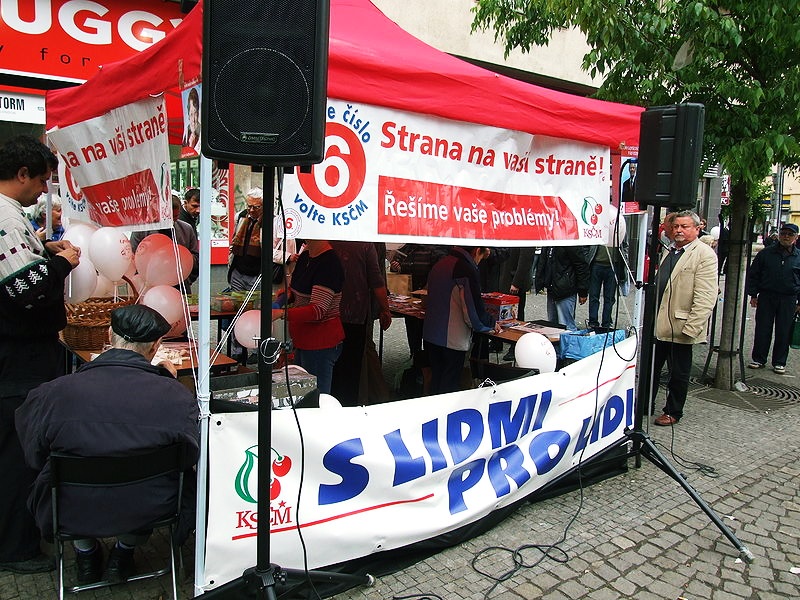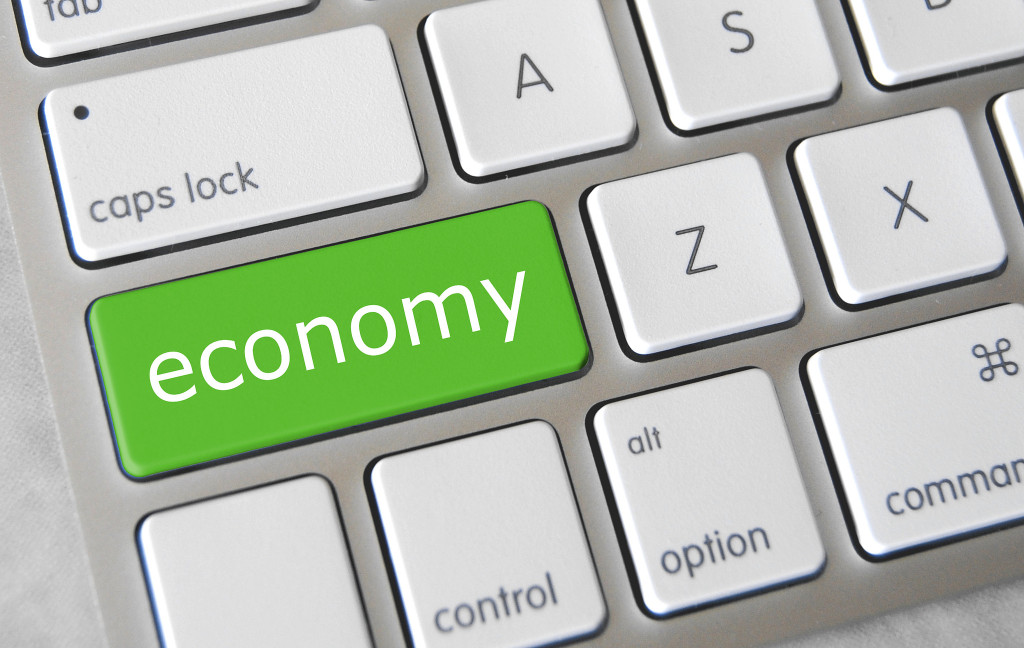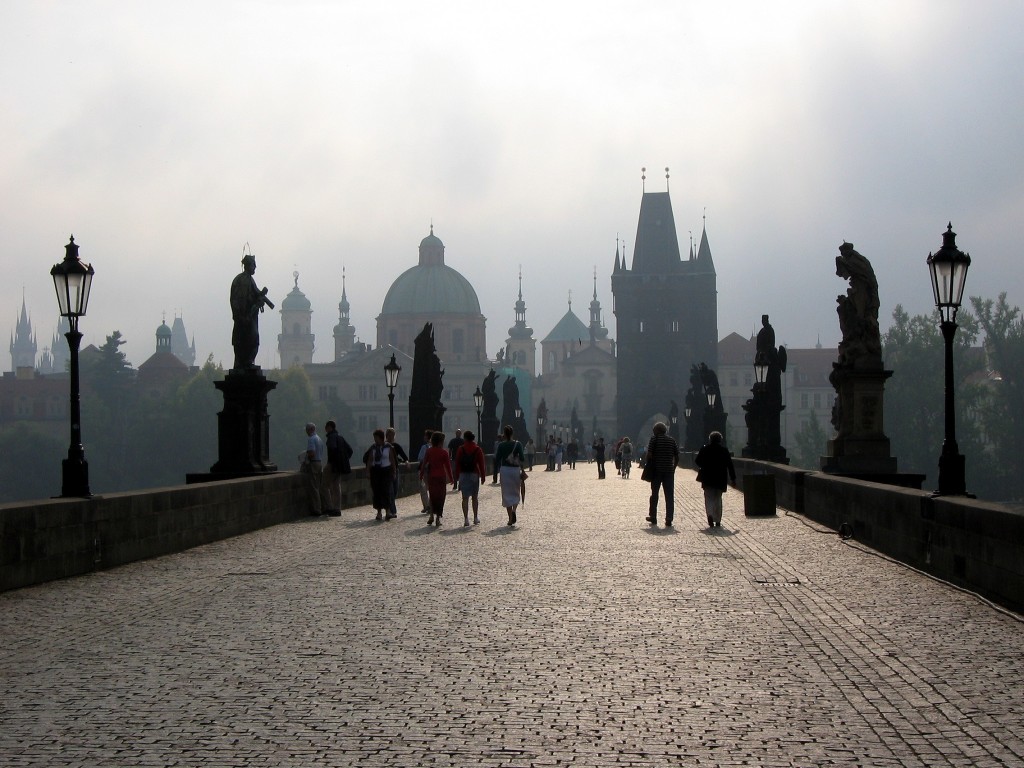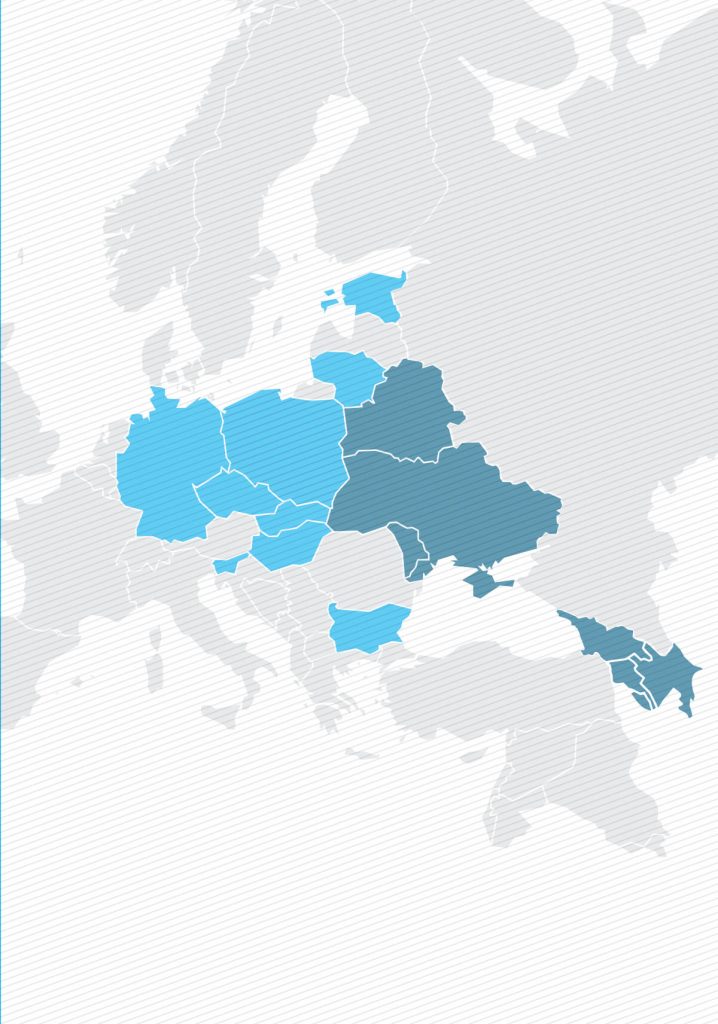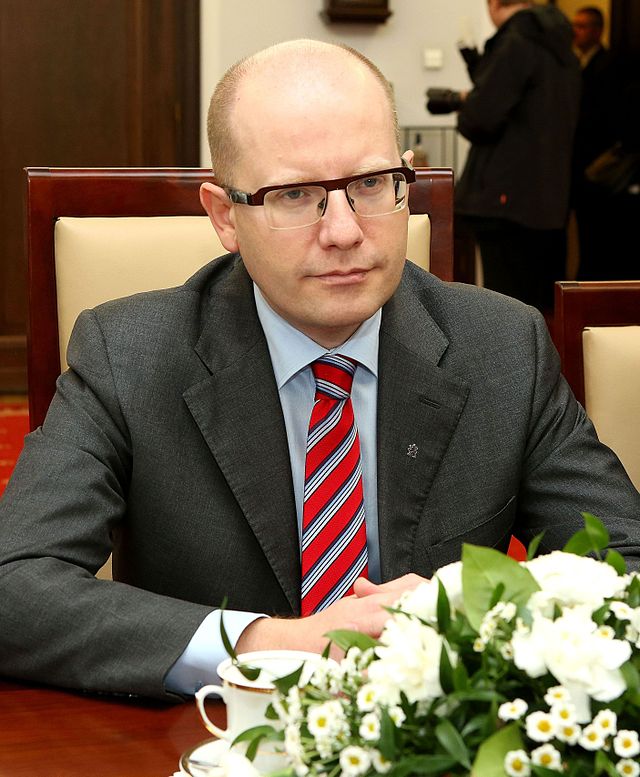
Czech Economy Thrives
BY
Ales Rod / July 23, 2015
In 2014, the Czech economy did well. All reports have forecasted the same for 2015. The publication of the Czech Statistical Office dealing with the development of the Czech economy in the first quarter of 2015 confirms it. So how well did we do after all?




